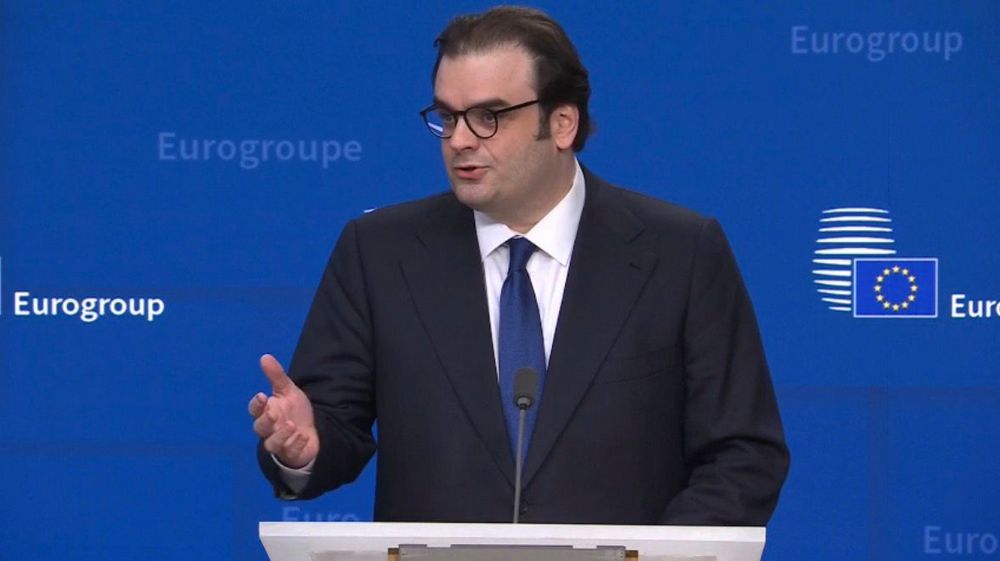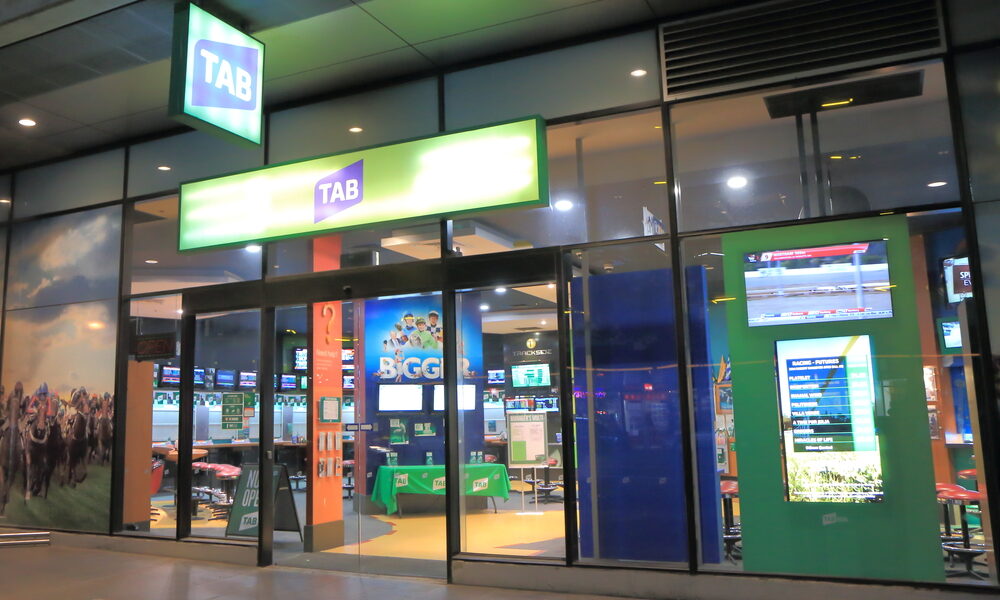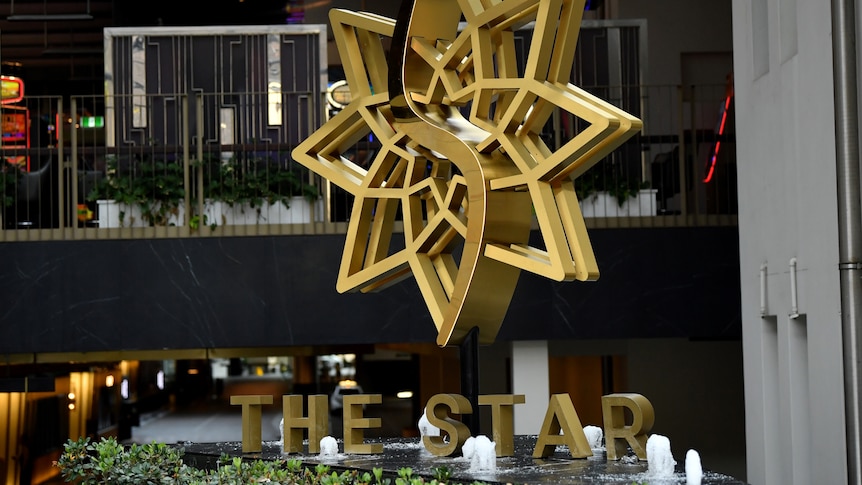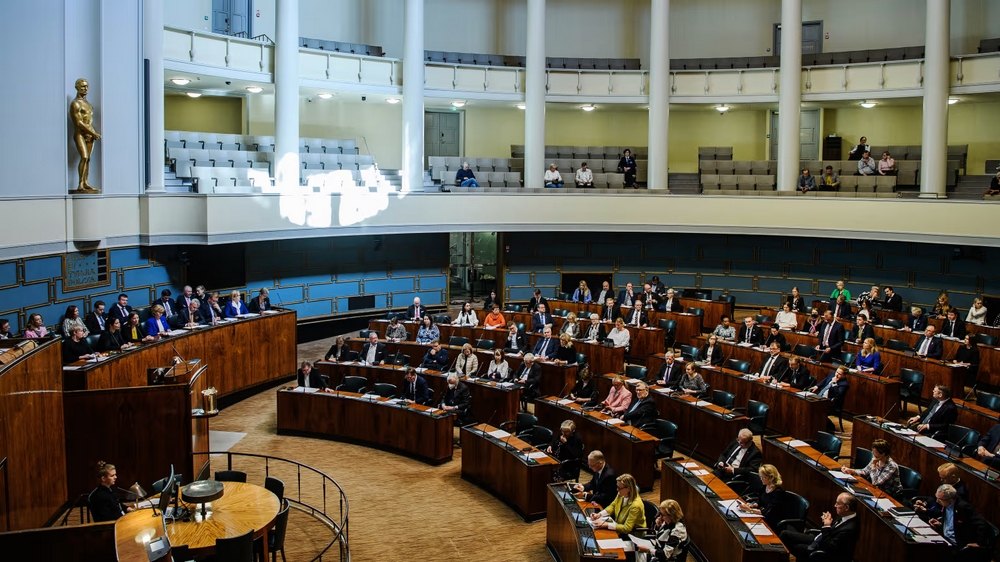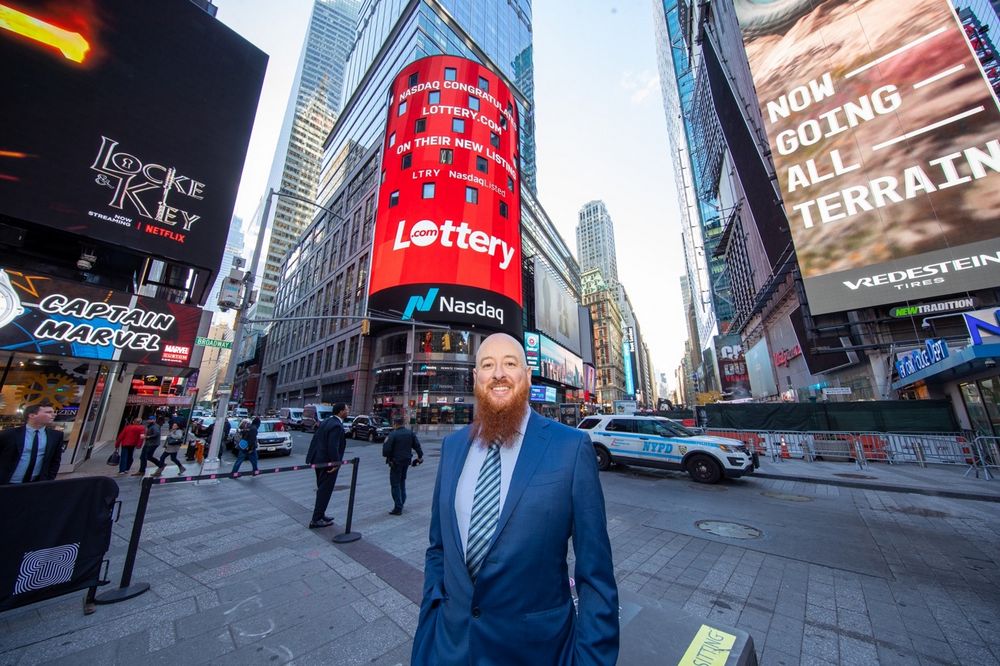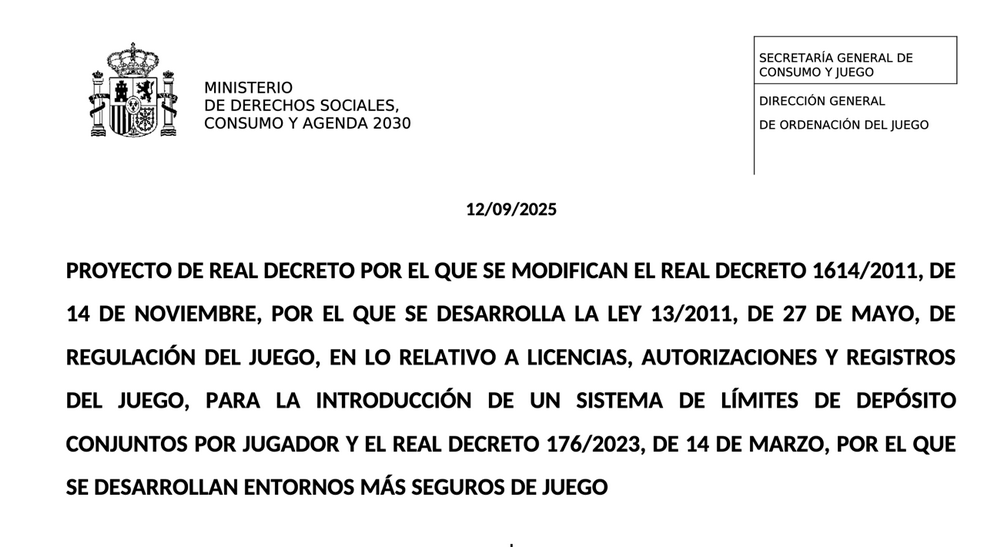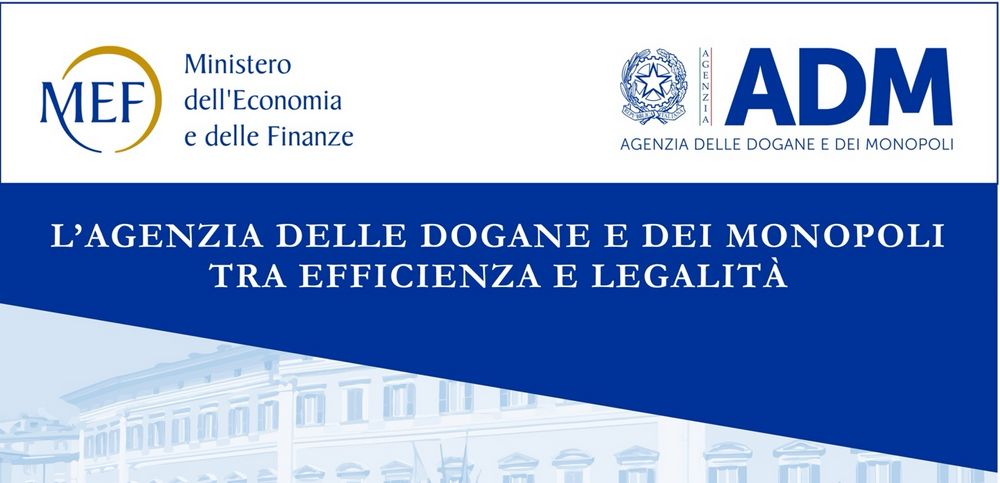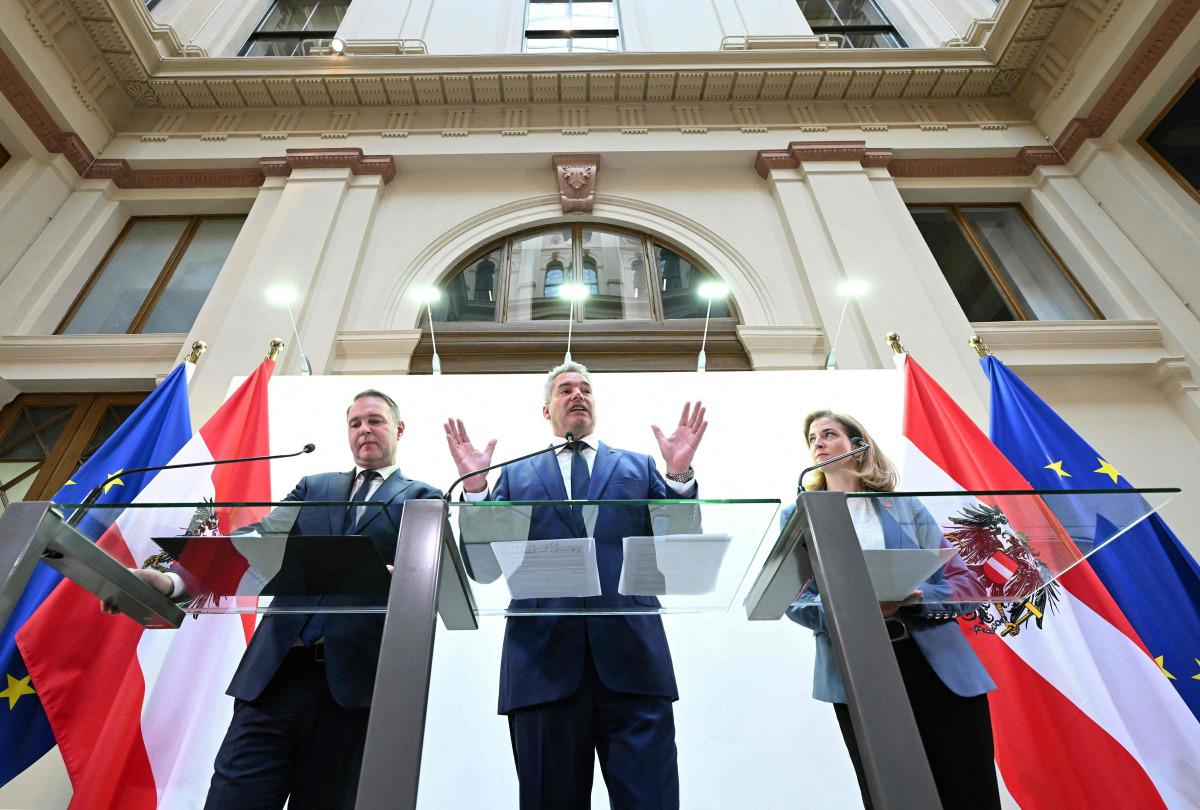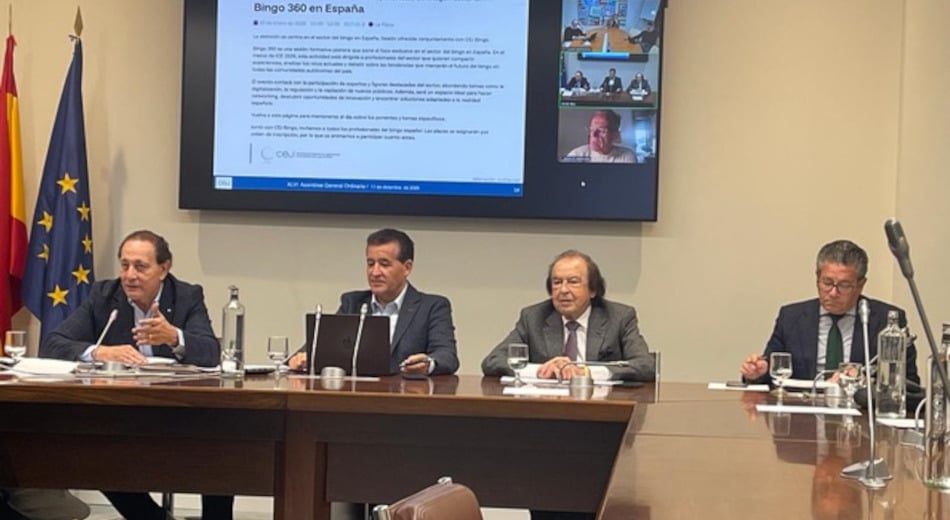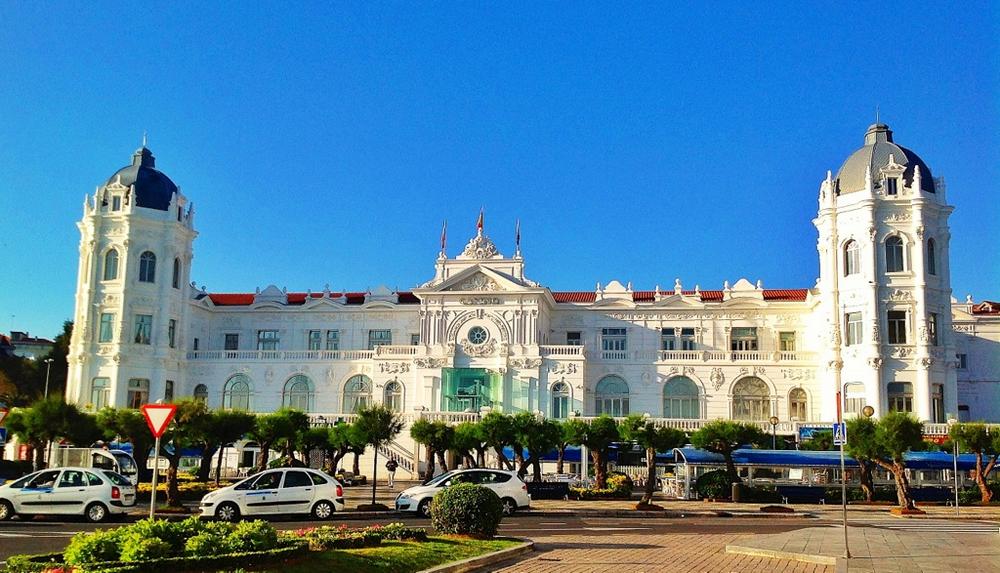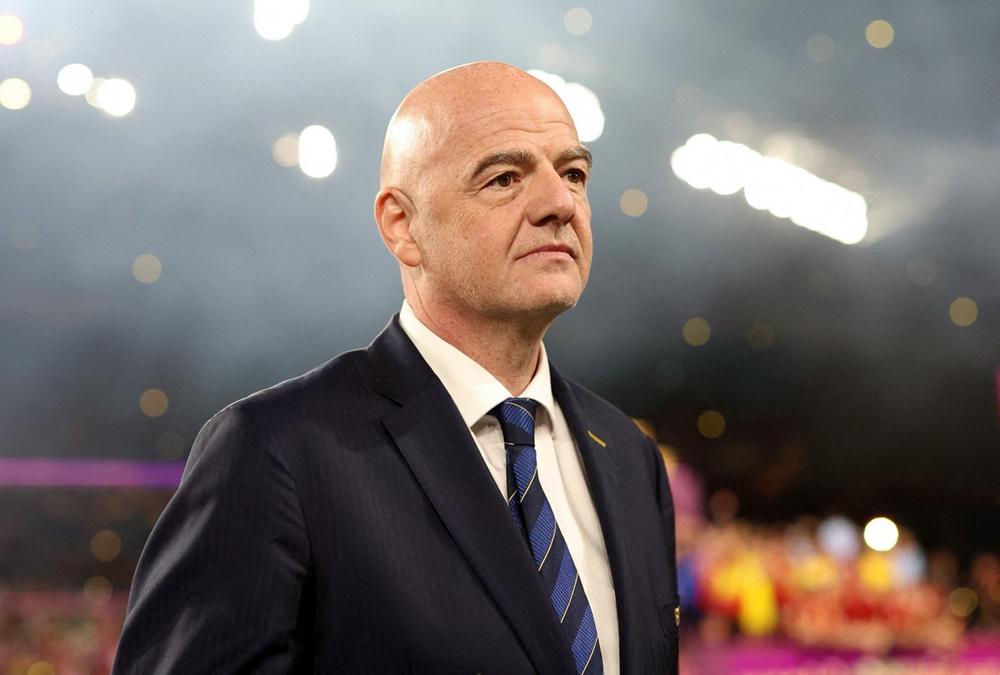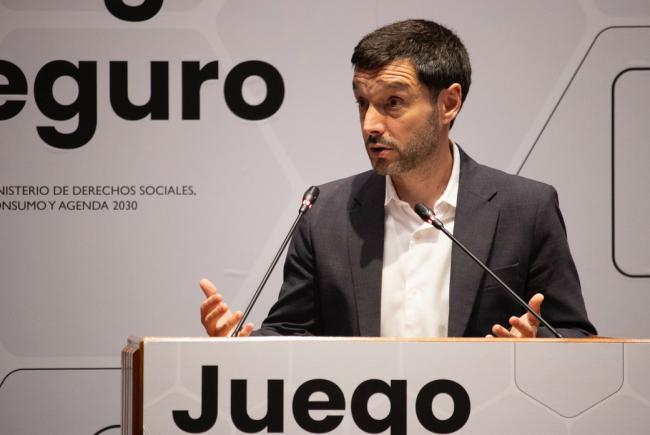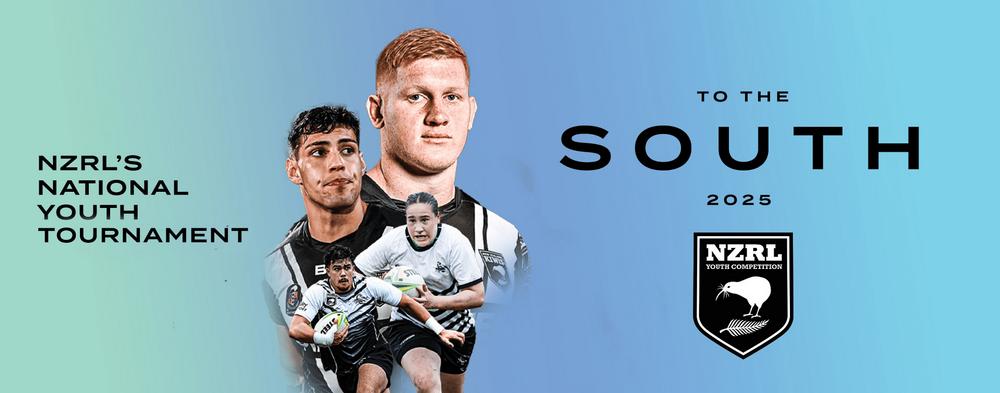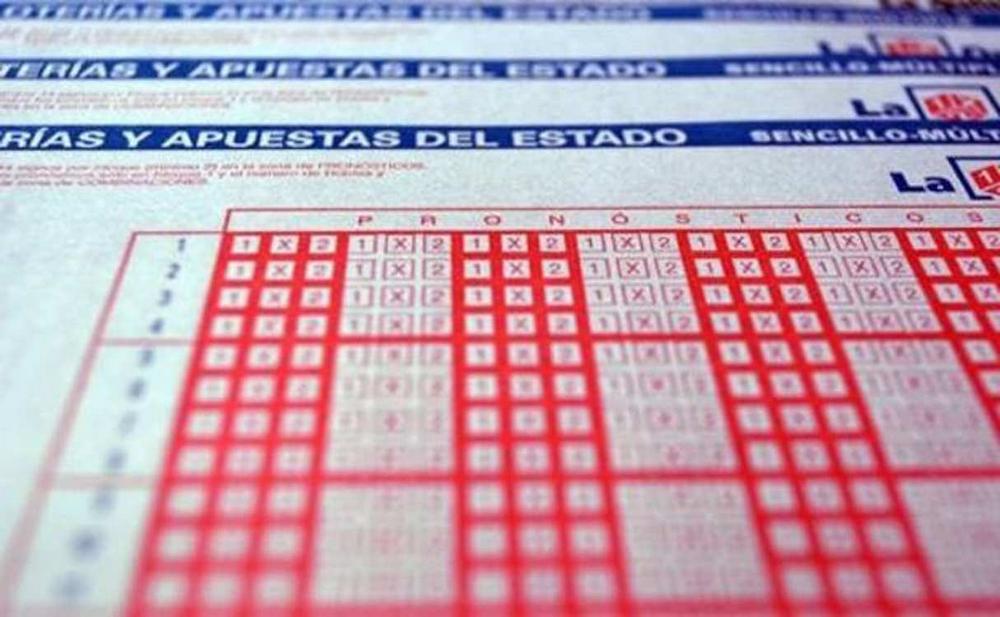The Spanish Data Protection Agency (AEPD) has fined Club Atlético Osasuna €200,000 for implementing a facial recognition system at some entrances to El Sadar stadium during the 2022-2023 season. The agency argues that this system poses a high risk to fans' rights and freedoms, particularly regarding loss of control over personal data and the necessity of biometric identification for stadium access.

Osasuna defends its decision, stating that the system was voluntary and offered as an alternative to traditional access methods. The club claims the technology, developed in collaboration with Navarra-based dasGate (Veridas), complies with international privacy and security standards. Promoted as a way to improve fan experience and security, the system was deemed problematic by the AEPD, which ruled that even with fan consent, the use of biometric data must be strictly justified to ensure less intrusive alternatives are not ignored.
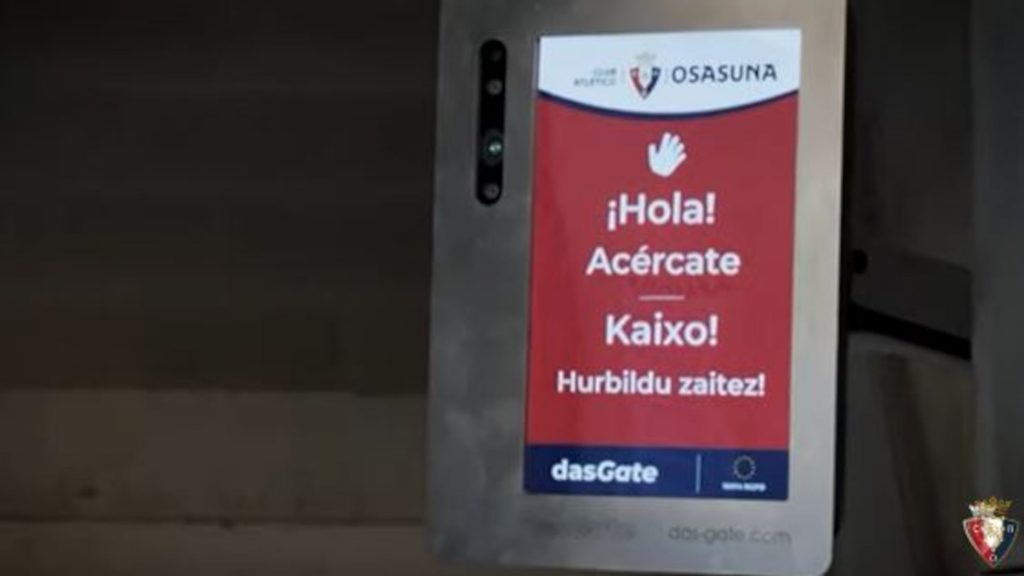
Beyond privacy concerns, Osasuna's financial landscape raises another issue. The club lost its longstanding betting sponsorship after Spain introduced strict gambling advertising regulations in 2021, forcing La Liga teams to seek alternative revenue sources. Osasuna had Kirolbet as its main sponsor for five seasons, but this deal ended in 2020. In 2023, the club partnered with OlyBet, but under Spain’s legal restrictions, this sponsorship is limited to European markets and does not appear on official team kits. Instead, Kosner, an air conditioning company, became the club’s main sponsor for the 2024/2025 season.
This raises the question: Has Osasuna turned fan data into a financial asset to offset lost revenue? With fewer betting sponsors, clubs like Osasuna may be leveraging digital technologies—and the valuable personal data they collect—as part of new business strategies. While the club insists the system was simply a tool for convenience and security, the AEPD’s sanction suggests the true cost for fans may have been their privacy.
As Osasuna appeals the fine, this case could set a precedent for the use of biometric technology in football stadiums and the growing intersection between sports, data privacy, and post-betting sponsorship revenue models.











